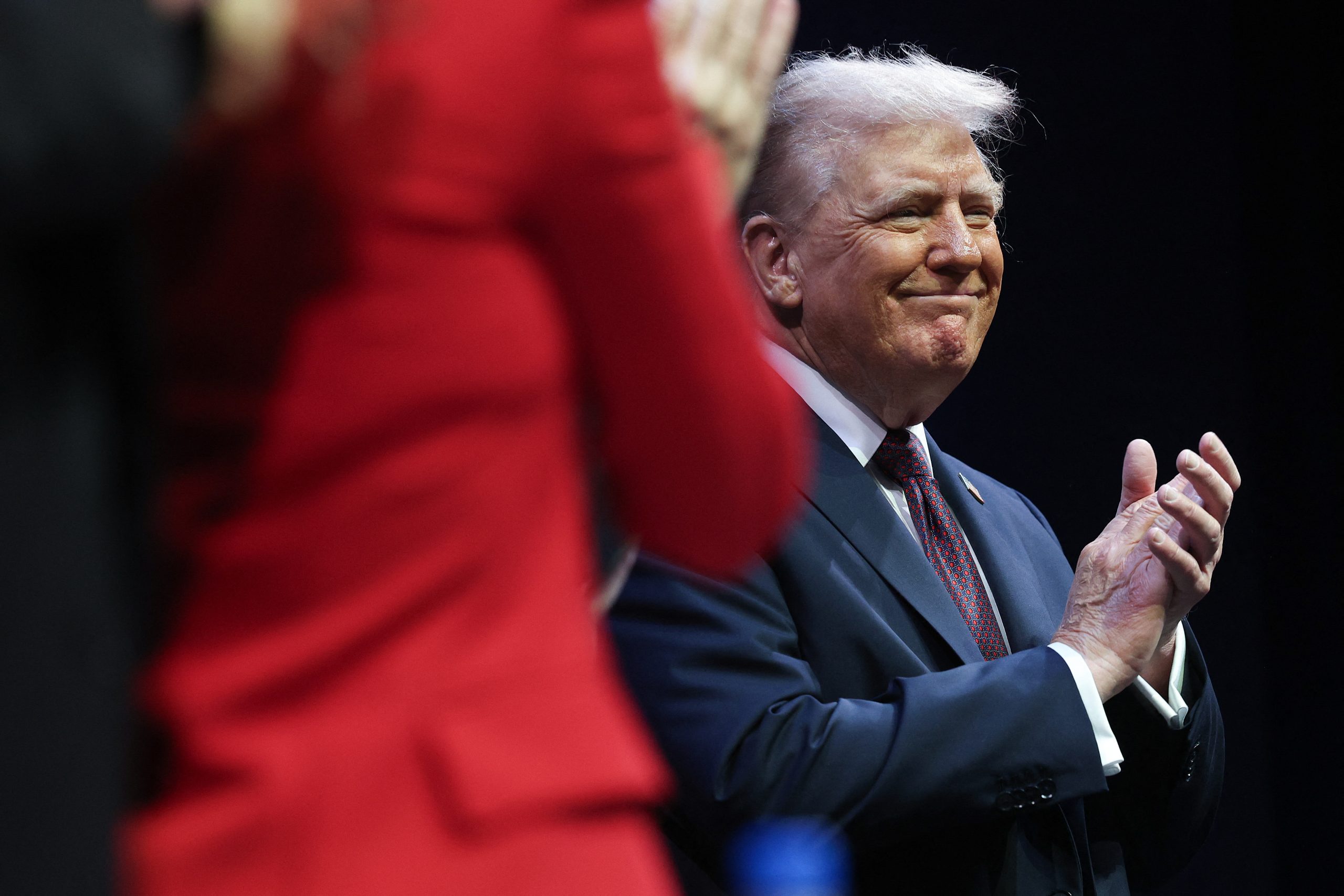The Central Bank of Nigeria, which continues to stand by its previous position of withdrawing direct development funding, has pledged to retrieve all of the over N10 trillion in intervention loans it has issued to various economic sectors.
According to BusinessDay, in addition to delivering the results of the two-day meeting of the Monetary Policy Committee, which saw an increase in the monetary policy rate by 400 basis points to 22.75 per cent, Cardoso reaffirmed the position of the top bank on Tuesday.
The committee increased the cash reserve ratio from 32.5 per cent to 45 per cent while keeping the liquidity ratio at 30 per cent. It also rearranged the symmetric corridor surrounding the MPR to be +100/-700 basis points from +100/-300 basis points.
According to a recent National Bureau of Statistics data, headline inflation increased from 28.92 per cent in December 2023 to a new record high of 29.90 per cent in January.
According to Cardoso, the main causes of inflationary pressure were significant fiscal deficits, exchange rate pass-through, growing energy costs, and persistent security issues in important food-producing regions. He claims that there are still major global risks to the forecast for domestic inflation, including tight financial conditions and trade disruptions brought on by continued geopolitical tensions.
“Therefore, staff projections suggest that inflation will continue to rise in the near future before declining,” he stated.
Beyond these variables, he claimed that the CBN’s trillions of naira spent on interventions had equally contributed to the present heightened inflationary pressures in the economy and had caused a lot of distortions in the system.
He said, “Above N10 trillion was expected to have been spent on recent initiatives. I’m not referring to methods or approaches. I am referring to the interventions you inquired about, which totaled more than 10 trillion naira. What was the Nigerian federal government’s budget? What was the biggest Nigerian state’s budget? Evaluate the amount of harm that excessive amounts of seemingly beneficial things can inflict on an economy.
Thus, in my opinion, it’s a serious problem. It would be stupid to claim that we won’t actively intervene; instead, we must closely watch individuals who are already out there to make sure they return, and we already doing that and with various degrees of success. At some point in time, in the interest of transparency, those figures will be made public… that has to happen.









